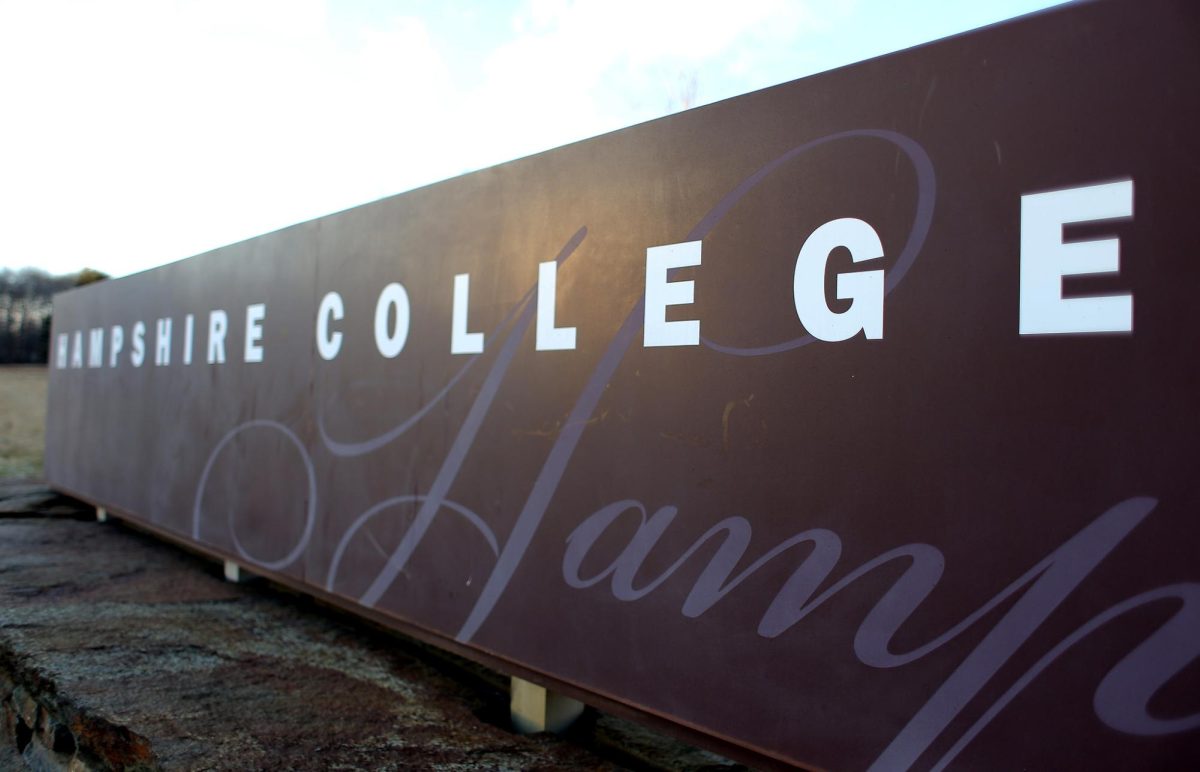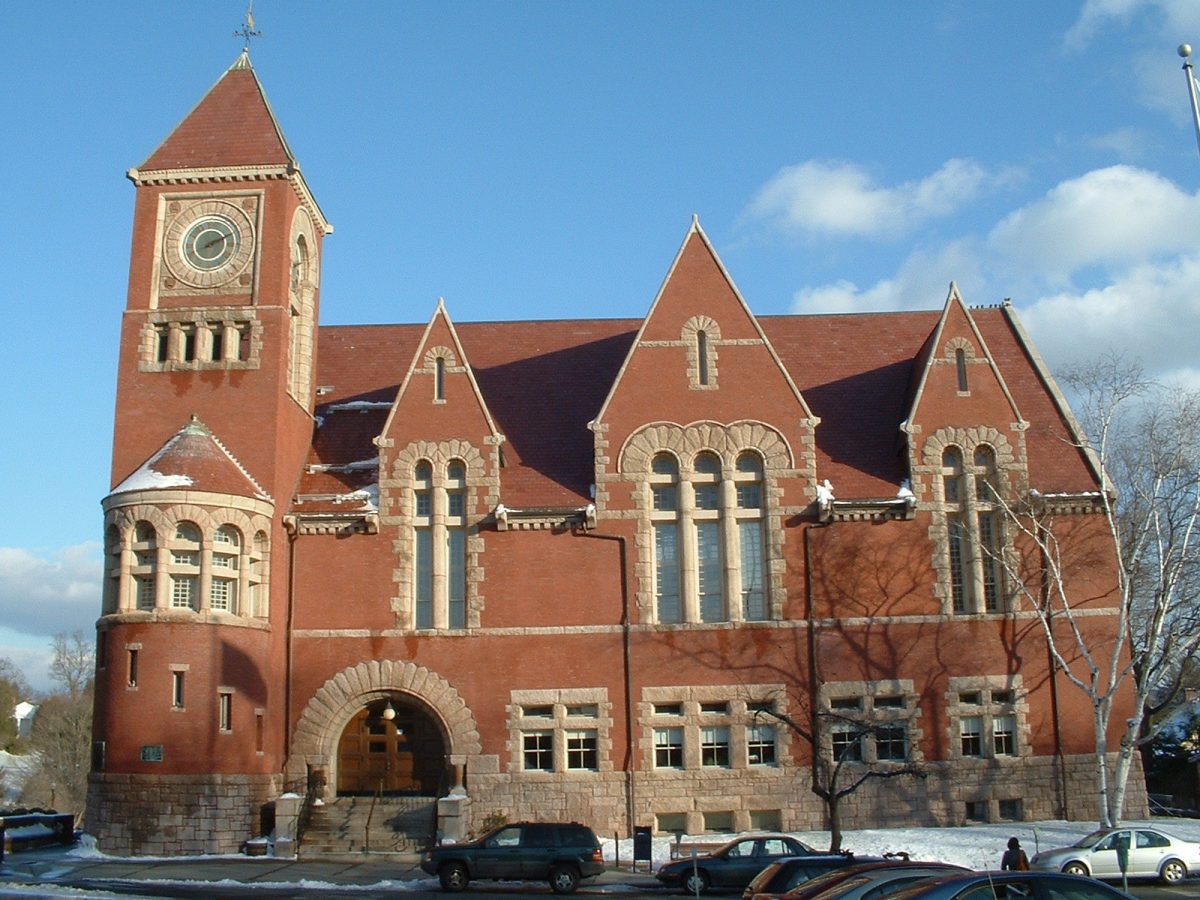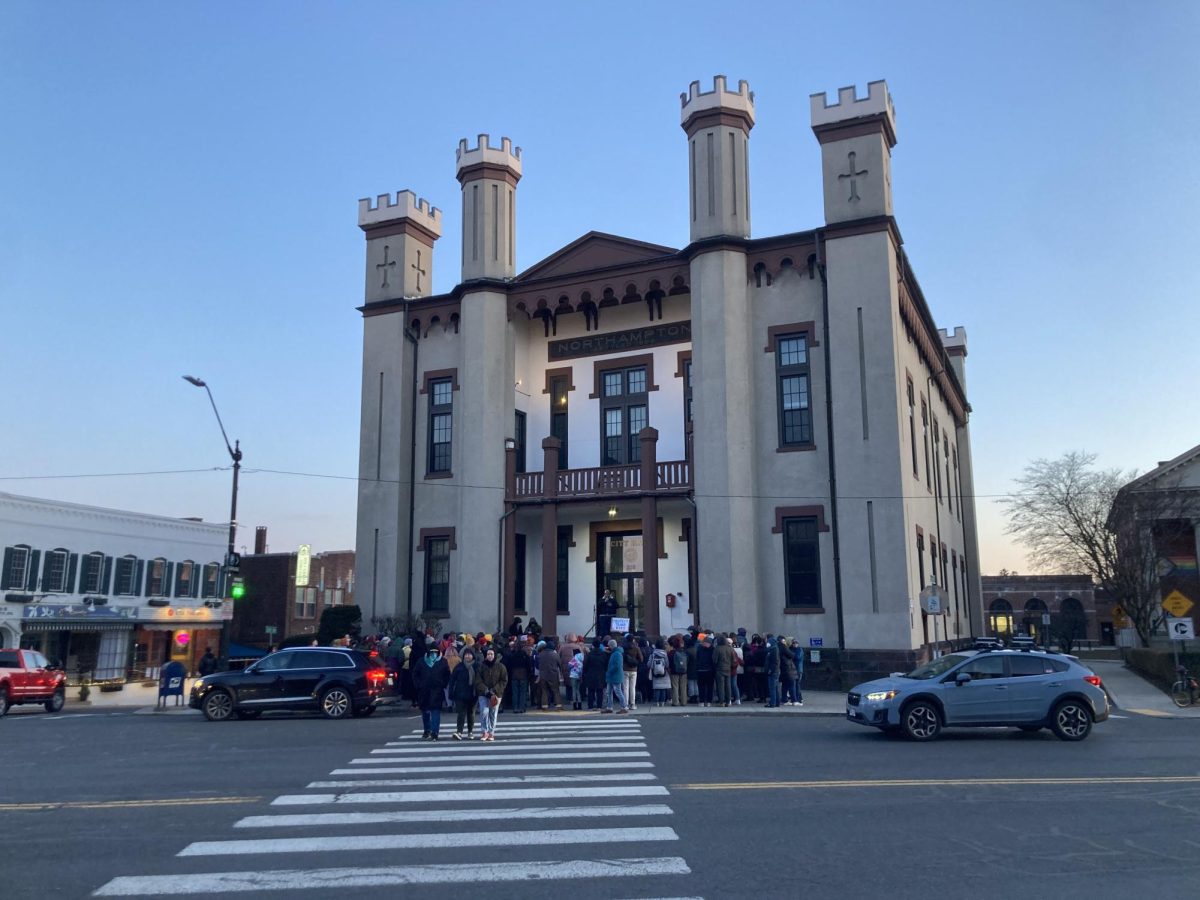
In celebration of Five College Africa Day 2014, UMass held a tribute this past Friday to recognize the life and legacy of Nelson Mandela. The event consisted of musical and dance performances, poetry readings, guest speakers and panelists discussing the South African struggle during the 20th century.
The program director, Professor Mzamo Mangaliso from the Isenberg School of Management, began the tribute with the acknowledgement that this celebration of Mandela’s life is on the 46th anniversary of the assassination of Martin Luther King, Jr., another member of the fight against racism and discrimination.
Throughout the event, the Amandla Chorus, the Amherst Area Gospel Choir, and the West African Music Ensemble performed songs, including the opening piece, “Lift Every Voice and Sing.” Other songs included “Senzenina,” “Singabahambayo Thina,” “Asikhathali” and “Asimbonanga,” all South African anti-apartheid songs.
The music, along with a performance by the Wonberi Dancers featuring Marilyn and Sekou Sylla and the Bamidele Drummers, served as upbeat celebrations of the life of Mandela, motivating the crowd to participate.
Sekou Sylla, a dancer, acrobat and musician with Les Ballets Africains, performed at the event. She previously had the honor in 1990 to dance for Nelson Mandela when he visited Boston, and, because of this experience, felt it was a continued privilege to be dancing for him at this tribute.
The first panel of the event focused on Mandela’s work in South Africa on the global scale. Professor John Bracey of the Department of Afro-American Studies began his talk by openly recognizing, “Today is the anniversary of the assassination of Martin Luther King. Today we are celebrating Nelson Mandela.”
He saw these two different events as inclusive entities, sharing a common theme. “Nobody on earth can separate the struggle of black people,” Bracey revealed, discussing the struggles that all people of color in the world face.
To Professor Bracey, loving one another has nothing to do with appearance, similarity, or family relationship, but instead carrying a “spark of humanity that puts you on the planet” and keeps you connected to everyone else.
Professor Bracey believed that Mandela understood this idea as he became a humanitarian through his efforts to end apartheid and combat racism.
Another panelist, Ms. Ingrid Askew, most noted for her 13 month walking pilgrimage in Africa in which she retraced the transatlantic slave route, recited a poem written by her close friend which honors the life and legacy of Mandela.
In the poem, she calls Mandela a “role model,” and “a hero to every kid” who was “able to resolve the unresolvable.” “History captures you as bearer of hope…slayer of all tyrannies” she noted.
As a young single mother living in Boston, Askew worked with grassroots for a long time, going to meetings where she met South Africans living in exile.
As a theater artist, she went to many plays, in particular one about South Africa which left her mesmerized and intrigued to learn more about this culture. Calling South Africa her “second country,” after living there for 10 years, Askew ended her speech with nationalistic sentiments noting, “My name is Ingrid Askew and I am proudly South African.”
The event also included the delivery of a poem written by students from the Five Colleges. “Marehemu Madiba Mandela,” written in Swahili, spoke of Mandela’s courage and strength during his fight against apartheid.
Dr. Garrey M. Dennie, Associate Professor of History at St. Mary’s College of Maryland and former speech writer for Nelson Mandela, gave the keynote speech, “Mandela’s Words: Mightier than the Sword.” In South Africa at the time when Mandela was freed from prison, Dennie noted that it was the most remarkable day of his life thus far.
He recounted seeing tens of thousands of South Africans leaving their houses, taking to the streets to run and dance. At that moment, as he explained, the white South African police were “making way for the people” as they were finally on their side.
In June 1964, when Dennie was only three years old, Mandela “gave the greatest speech in the history of South African politics,” before he would be imprisoned for 27 years. Only two weeks after his release, Mandela would then give an address to an international audience, words put together by Dennie himself. When reflecting on this past achievement, Dennie commended Mandela for continuing to lead the fight while others would lose focus and courage after imprisonment.
Cheryl Love Grandison-Clark, a sophomore at UMass, read a poem title “Why?” in which she referred to the struggle that Mandela experienced and recognized his efforts against apartheid. She spoke about South Africa, noting that during this time “identities were lost, roots were burned” while people were “waiting for the oppression, the hate, to let up.” However, she revealed the strength of South Africans and all those who experience racism, noting that “but today, we are black and we can all celebrate that.”
Julia McLaughlin can be reached at [email protected].


















